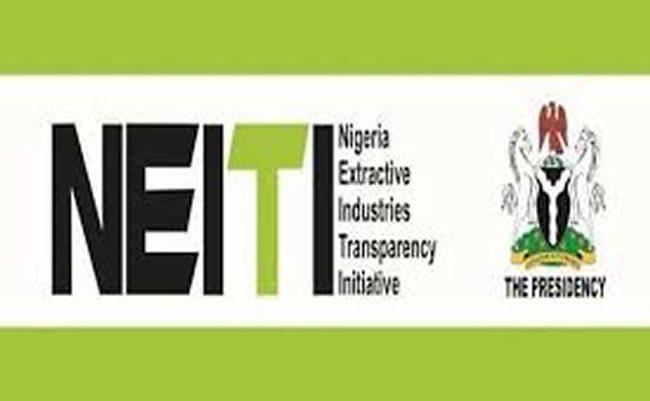The Nigerian Extractive Industries Transparency Initiative has said the reopening of the 210,000 bpd Port Harcourt Refinery and 150,000 bpd Warri Refinery is a huge step towards achieving energy self-sufficiency and strengthening economic sustainability. The Nigerian Petroleum Authority, in a statement signed by its Acting Director, Public Affairs and Stakeholder Engagement, Mr. Obiageli Onuora, on Sunday said the achievements were a major step forward in addressing Nigeria’s perennial dependence on imported petroleum products.
According to him, the achievement of the milestone would reduce the huge costs associated with fuel importation and impact on key sectors of the economy. He also congratulated the Nigerian National Petroleum Corporation on the successful completion of the first phase of the Port Harcourt refinery rehabilitation project and the gradual reopening of the Warri refinery.
NNPCL has within one month brought two refineries back into operation after decades of downtime. The company achieved this in less than a month.
Although the refinery is not operating at full capacity, the achievement was a milestone in reviving critical infrastructure that had long been neglected and underutilized. However, the Extractive Industries Transparency Organization has recognized the achievement, saying it will have a positive impact on Nigeria’s foreign exchange reserves and reduce the huge costs associated with fuel importation.
NEITI recognizes that the rehabilitation of the Port Harcourt and Warri refineries has the potential to improve energy security, create jobs, revitalize local industries and free up critical funds that can be redirected to national priorities such as health, education and infrastructure. In its “State of the Industry Report 2023”, it revealed that between 2006 and 2023 (18 years), a total of N15.877 billion was spent as price differential (subsidy) shortfalls, with the figure reaching N47.114 billion in 2022.
Importation of PMS was also highest in 2022 at 23.54 billion liters and lowest in 2017 at 16.88 billion liters. Between 2022 and 2023, imports decreased by 3.25 billion liters (14%) from 23.54 billion liters in 2022 to 20.28 billion liters in 2023.
This is due to the announced removal of fuel subsidies. He added: “With the current efforts to bring refineries back on stream, NEITI is pleased that the huge funds spent on subsidies will now be available to support national development, further rebuild national infrastructure and reduce poverty.” The Acting Director General also urged NNPCL to accelerate the second phase of the Port Harcourt refinery and the ongoing rehabilitation of the Kaduna refinery, while NEITI ‘should closely pursue the rehabilitation of the first phase of the Port Harcourt refinery and the ongoing rehabilitation to optimum capacity. ‘ and stated. ‘We commend the resilience, dedication and unwavering determination of the NNPCL team in accomplishing this challenging and demanding task.’ As a stakeholder in Nigeria’s power sector, NEITI said it remains committed to supporting NNPCL’s efforts to ensure the long-term success of these projects and share the results with national and global partners, including the Extractive Industries Transparency Initiative community.” He stated. “NEITI stands ready to work with NNPCL to sustain and expand these achievements in the national interest and for Nigeria’s energy security.















